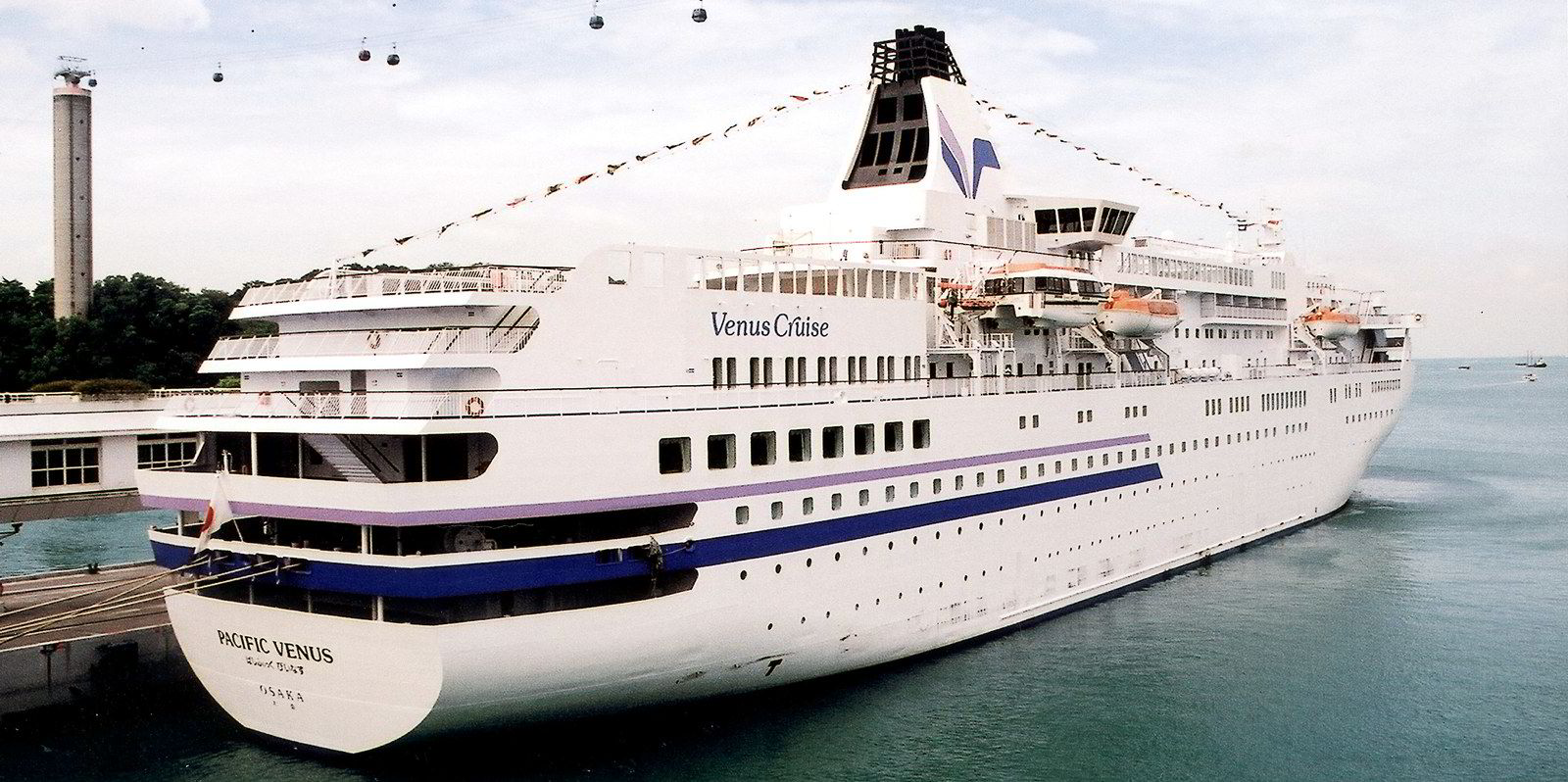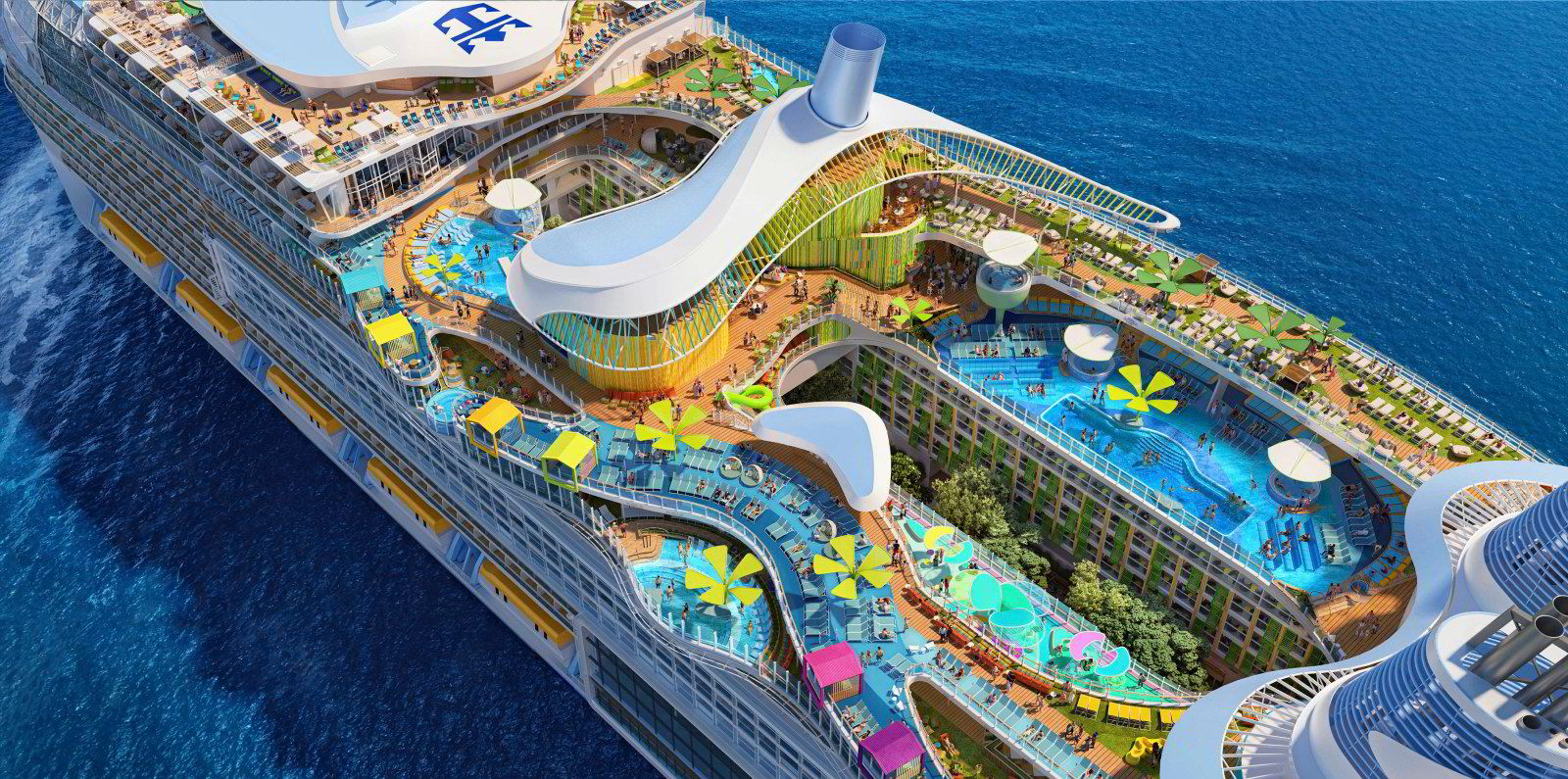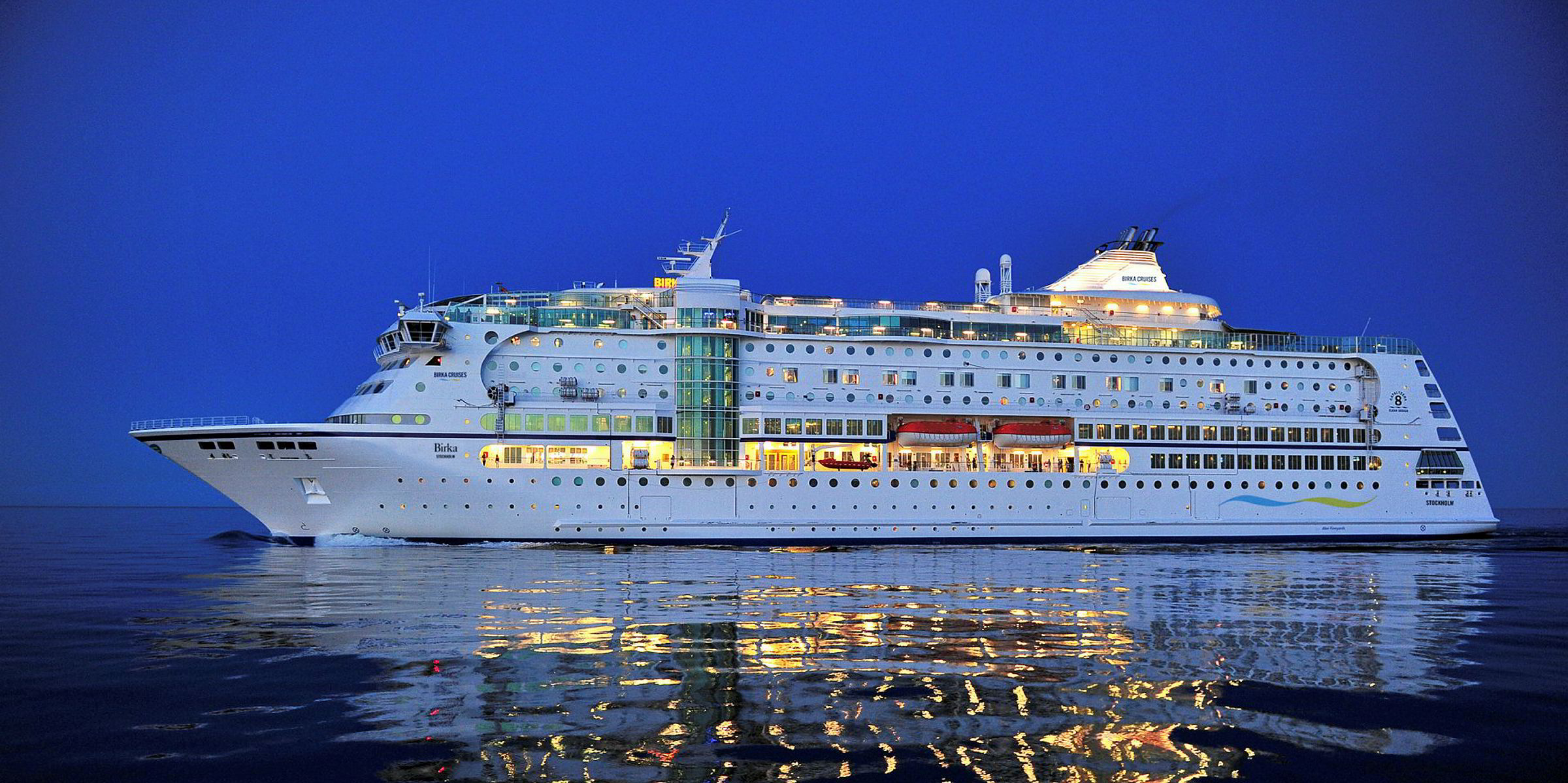Japanese cruise operator Venus Cruise will cease operations next January, according to a statement posted on its website.
The subsidiary of the giant Shin Nihonkai Ferry conglomerate did not provide any details on the reason for its forthcoming demise.
Its only ship — the 26,600-gt Pacific Venus (built 1998) — will be withdrawn from service after completing a farewell cruise from Kobe to Okinawa that is scheduled to end on 4 January 2023.
The vessel will then likely be sold.
Selling a near 25-year-old ship in the current cruise market will be a challenge. The IHI-built vessel was designed for the Japanese niche market and would require a significant amount of refitting if it were to be used in markets outside of Japan.
Cruise-industry sources describe the 680-passenger ship as being in a difficult size category, being too small for the mainstream cruise sector and too mainstream to be used in the luxury sector.
“It is a nice ship, but it is very niche,” one industry source said. “It is hard to think of a market right now where it can be used.”
Cruise ships designed specifically for a particular niche trade are often difficult to sell as they require substantial rebuilding of the passenger accommodation before they can be used elsewhere.
Another niche market of cruise ship of a similar size — Birka Cruises’ 34,900-gt Birka Stockholm (built 2004) — has also found itself caught in the middle.
Birka’s parent company — Rederiaktiebolaget Eckero — has been trying to sell the 1,800-passenger Birka Stockholm since it decided to exit the cruise market in June 2020, but so far has found no takers.
The Birka Stockholm was designed specifically for 22-hour cruises in the Baltic, and having to take on food and supplies almost daily, and with minimal crew quarters due to the accommodation being serviced between cruises by shoreside housekeeping staff, it does not have the capacity to undertake longer voyages.
“In a normal market, these ships would be good candidates to fix this stuff with a major refit and perhaps a lengthening,” the industry source told TradeWinds. “But we are still not really back in normal times.”(Copyright)





